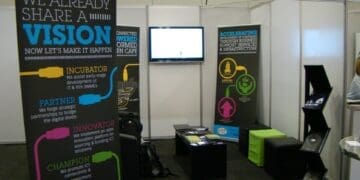The chemical industries Seta, CHIETA, is tackling the skills gap and mismatch in the sector, which includes a focus on SMMEs and start-ups. CHIETA CEO Yershen Pillay has warned that the mismatch between skills in demand and those being developed was negatively impacting the employability of locally trained artisans and urgent action was needed.
He cited an example of welding skills. “South African companies are faced with importing skills from Europe and Asia because specific and high-quality welding skills are in scarce supply,” he said in a press statement. “In South Africa, we do not lack general welding skills, we have a sufficient supply of welders to meet the demand, what we lack are specific types of welding skills such as underwater welding and aluminium coded welding where demand far outstrips the supply.”
With regards to start-ups and SMMEs, Pillay said a recent CHIETA study had revealed a skills gap in management coaching, management and entrepreneurial skills, and mentorship. This incorporated agility, governance, innovation, leadership, performance management, research and development leadership, numerical, packaging, problem-solving, programming, project management, communication, negotiating, and marketing.
And the top 10 professional skills in demand according to CHIETA’s workplace skills plan included chemical engineers, mechanical engineers, environmental scientists, chemists, retail pharmacists, industrial engineers and industrial pharmacists. Pillay said CHIETA’s skills development initiatives were increasingly being designed to address specific skills mismatches, and a focus area for CHIETA was digital skills development. “The more our wider skills development shifts from traditional to digital skills training, the more likely it will be to see an increased absorption of trainees and artisans by industry.”
This included its Smart Skills Centre programme, which bridged the digital skills divide by taking training directly to rural communities. “We remain committed to maintaining a stakeholder-centric approach to our evolving skills development initiatives, and to strengthening our capacity to adapt to the rapid pace of change in skills needs within our industry,” said Pillay.
“At the same time, we strongly encourage wider engagement between all stakeholders, government, other SETAs, and training institutions across the board to ensure that closing scarce skills gaps is contributing to job creation in SA.” CHIETA’s first Smart Skills Centre, which will open in Saldanha Bay in the Western Cape this year, is aimed at providing access to basic digital skills in 4IR-related occupations to local communities. It is investing a further R50 million in Smart Skills Centres across the country by 2025.

































































